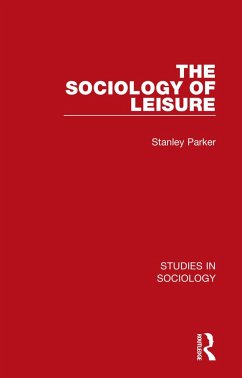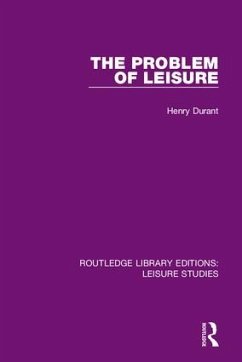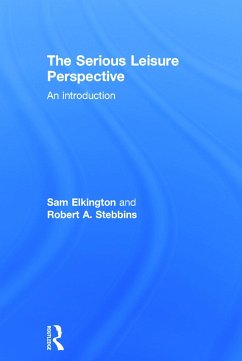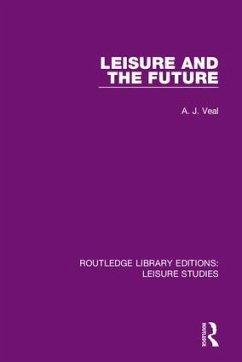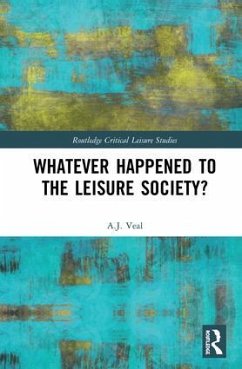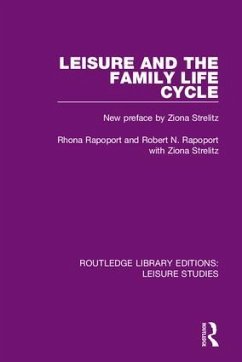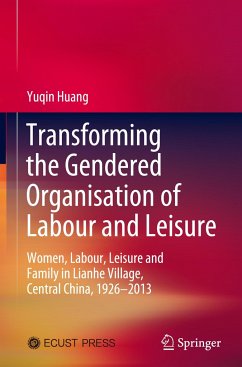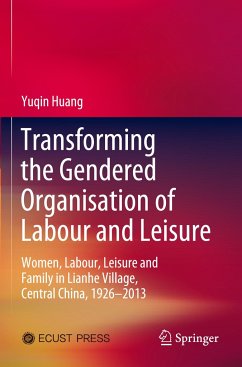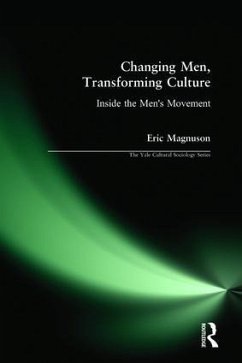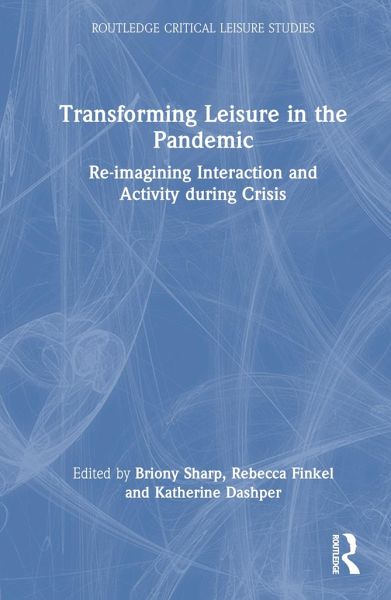
Transforming Leisure in the Pandemic
Re-imagining Interaction and Activity during Crisis
Herausgeber: Sharp, Briony; Dashper, Katherine; Finkel, Rebecca
Versandkostenfrei!
Versandfertig in 1-2 Wochen
152,99 €
inkl. MwSt.
Weitere Ausgaben:

PAYBACK Punkte
76 °P sammeln!
This is the first book to critically explore international leisure during the COVID-19 pandemic. It analyses the ways in which the pandemic has impacted upon our leisure practices and our leisure lives, focusing on three key spaces - public, private and digital.





